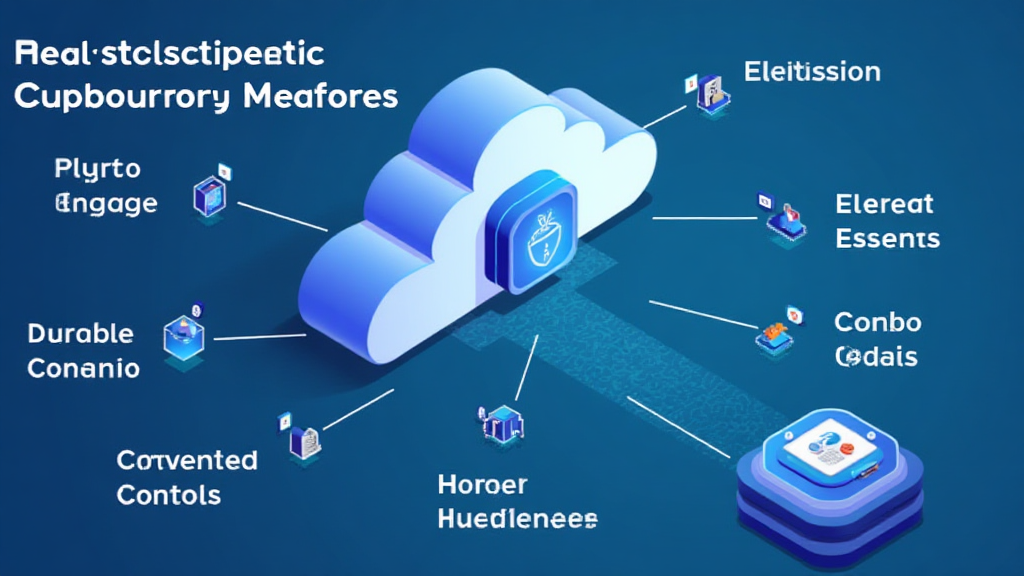Cloud Security Standards for Crypto Platforms: What You Need to Know
With cyberattacks resulting in losses exceeding $4.1 billion in decentralized finance (DeFi) platforms in 2024, the need for robust cloud security standards has never been more critical. As blockchain technology continues to evolve, so do the methodologies employed by cybercriminals. To safeguard your digital assets on platforms like btctokenio, understanding cloud security standards is imperative.
1. Why Cloud Security Matters for Cryptocurrency
Cryptocurrency transactions rely heavily on blockchain technology, which is often cloud-based. Security vulnerabilities can lead to significant financial losses, not only for the platforms themselves but also for their users. Consider this analogy: much like a bank vault protects physical money, the cloud must adhere to strict security measures to safeguard digital assets.
1.1 Cloud Vulnerabilities and Risks
- Data Breaches: Unauthorized access to sensitive user data.
- Denial of Service (DoS) Attacks: Disrupting services to manipulate trading environments.
- Malware Attacks: Injecting harmful software to compromise security.
2. Key Cloud Security Standards for 2025
The year 2025 will witness significant developments in cloud security standards, especially for cryptocurrency platforms. Here are some vital practices to adopt:

- Encryption Protocols: All sensitive data should be encrypted during transfer and storage. Standards like AES-256 must be implemented.
- Access Control: Ensure only authorized personnel can access critical systems. Implement strict identity verification methods.
- Regular Security Audits: Engaging in regular audits will help identify vulnerabilities in your cloud setup.
2.1 Compliance with Security Frameworks
Platforms should align themselves with established frameworks, such as:
- NIST: The National Institute of Standards and Technology offers guidelines on securing cloud infrastructures.
- ISO 27001: This international standard outlines the implementation of an information security management system.
3. Cloud Security Best Practices for Cryptocurrency Platforms
For platforms aiming to enhance their credibility and security, adhering to best practices is crucial:
- Implement Multi-Factor Authentication (MFA): This adds an additional layer of protection by requiring more than just a password.
- Use of Private and Public Blockchains: Depending on the application, combining both can provide enhanced security features.
- Educate Your Users: Provide educational resources about potential risks and security practices.
4. The Future of Cloud Security in Cryptocurrency Trading
As more users engage in cryptocurrency trading, especially within rapidly growing markets like Vietnam, the emphasis on cloud security will escalate. Vietnam’s blockchain user growth rate has seen an increase of over 30% annually, making it crucial for platforms operating in this market to prioritize security.
4.1 Local Adaptation of Global Standards
- Adopt local regulations like tiêu chuẩn an ninh blockchain (Blockchain security standards) to ensure compliance and user trust.
5. Conclusion: Building Trust Through Security
In the fast-evolving landscape of cryptocurrency, the importance of cloud security standards cannot be overstated. By adopting the best practices and aligning with compliance standards, platforms like btctokenio can build trust and protect user assets effectively. Remember, the future of digital trading hinges on the integrity of its security protocols.





